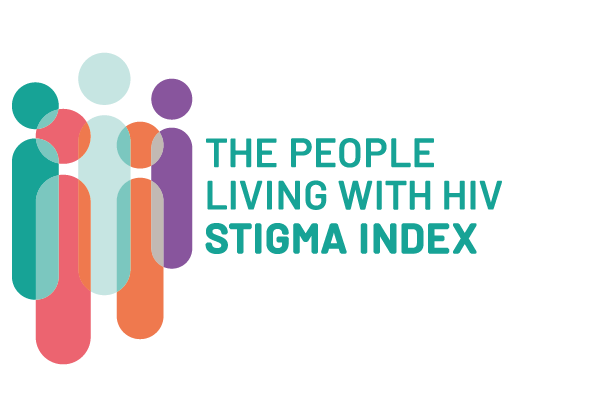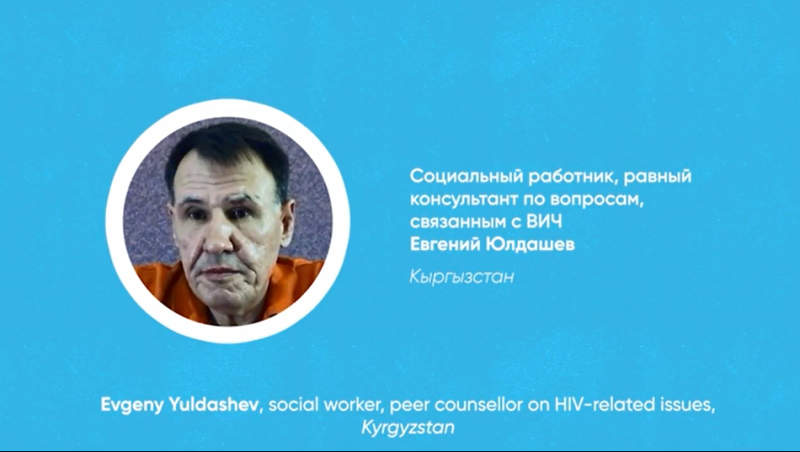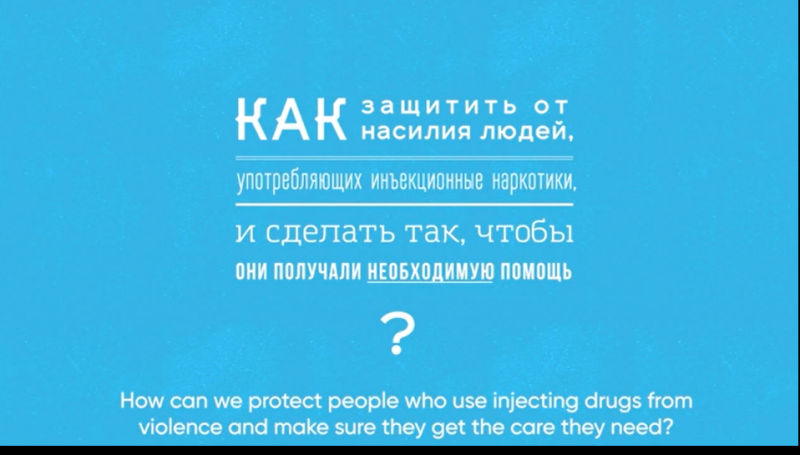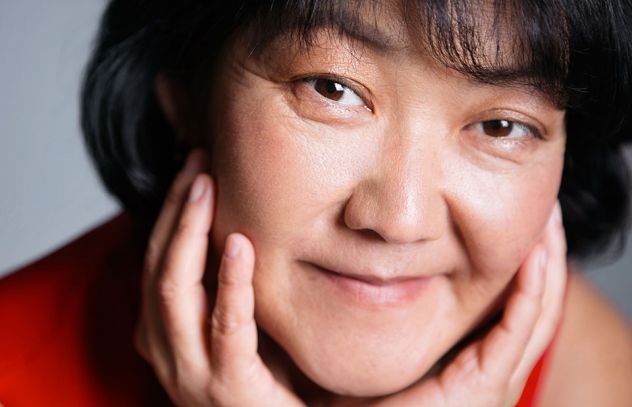UNAIDS fully backs calls made today by an eminent group of United Nations experts that Ghana should reject a proposed “family values bill” that targets the country’s lesbian, gay, bisexual, transgender and intersex community.
After analyzing the draft legislation, the independent experts appointed by the United Nations Human Rights Council concluded that adopting the legislation in its current or any partial form would be tantamount to a violation of a number of human rights standards, including the absolute prohibition of torture.
The experts said that the proposed law seeks to establish a system of State-sponsored discrimination and violence against the LGBTI community.
UNAIDS has already called for the law to be rejected as a gross violation of human rights. It has also warned that the legislation would be a grave setback for the HIV response in driving vulnerable people further away from essential HIV treatment, care and prevention services.
Ghana: Anti-LGBTI draft bill a “recipe for violence” – UN experts
GENEVA, 12 August 2021 — UN human rights experts* urged Ghana’s Government to reject a proposed ‘family values’ bill, saying it seeks to establish a system of State-sponsored discrimination and violence against the LGBTI community. The first reading of the bill took place on 2 August 2021, and its consideration is expected to resume in October 2021.
“The draft legislation argues that any person who deviates from an arbitrary standard of sexual orientation or gender identity is immediately to be considered dangerous, sick or anti-social,” said the experts. “Such laws are a textbook example of discrimination.
“The proposed law promotes deeply harmful practices that amount to ill-treatment and are conducive to torture, such as so-called ‘conversion therapy’ and other heinous violations like unecessary medical procedures on intersex children, and so-called corrective rape for women,” they added.
The independent experts, appointed by the Human Rights Council, presented an analysis of the draft bill to the Ghanaian Government, concluding that adopting the legislation in its current or any partial form would be tantamount to a violation of a number of human rights standards, including the absolute prohibition of torture.
For example, attempts to prevent human rights defenders from organising themselves to defend LGBTI people, and the absolute prohibition of public debate on sexual orientation and gender identity, raises grave concerns about rights to freedom of opinion and expression, and of association. Moreover, the bill in question would essentially legitimize the above instances of violence against LBTI women and reinforce existing gender stereotypes and discrimination against women, which are both cause and consequence of violence against women and girls.
“The consideration of this legislation is deeply perplexing in a country that has been regarded as a champion of democracy in Africa, with an impressive record of achieving certain Millennium Development Goals by 2015,” they said. They cited specific concerns about the MDG goals on health, education, employment, housing and gender justice.
“The draft legislation appears to be the result of a deep loathing toward the LGBTI community. It will not only criminalise LGBTI people, but anyone who supports their human rights, shows sympathy to them or is even remotely associated with them.
“Given that LGBTI people are present in every family and every community it is not very difficult to imagine how, if it were to be adopted, this legislation could create a recipe for conflict and violence.”
ENDS
*The experts: Victor Madrigal-Borloz, Independent Expert on protection against violence and discrimination based on sexual orientation and gender identity; Reem Alsalem, Special Rapporteur on violence against women, its causes and consequences; Koumbou Boly Barry, Special Rapporteur on the right to education; Irene Khan; Special Rapporteur on the promotion and protection of the right to freedom of expression; Mary Lawlor, Special Rapporteur on the situation of human rights defenders; Nils Melzer, Special Rapporteur on Torture and other Cruel, Inhuman or Degrading Treatment or Punishment; Tlaleng Mofokeng, Special Rapporteur on the right of everyone to the enjoyment of the highest attainable standard of physical and mental health; Elina Steinerte (Chair-Rapporteur), Miriam Estrada-Castillo (Vice-chairperson), Leigh Toomey, Mumba Malila, Priya Gopalan, Working Group on arbitrary detention Clément Nyaletsossi Voule, Special Rapporteur on Rights to Freedom of Peaceful Assembly and Association
The Special Rapporteurs, Independent Experts and Working Groups are part of what is known as the Special Procedures of the Human Rights Council. Special Procedures, the largest body of independent experts in the UN Human Rights system, is the general name of the Council's independent fact-finding and monitoring mechanisms that address either specific country situations or thematic issues in all parts of the world. Special Procedures' experts work on a voluntary basis; they are not UN staff and do not receive a salary for their work. They are independent from any government or organization and serve in their individual capacity.
UN Human Rights, country page: Ghana
For more information and media requests please contact Catherine de Preux De Baets (+41 22 917 93 27/ cdepreuxdebaets@ohchr.org) or write to ie-sogi@ohchr.org
For media enquiries regarding other UN independent experts, please contact Renato de Souza (+41 22 928 9855 / rrosariodesouza@ohchr.org).
Follow news related to the UN's independent human rights experts on Twitter @UN_SPExperts.







